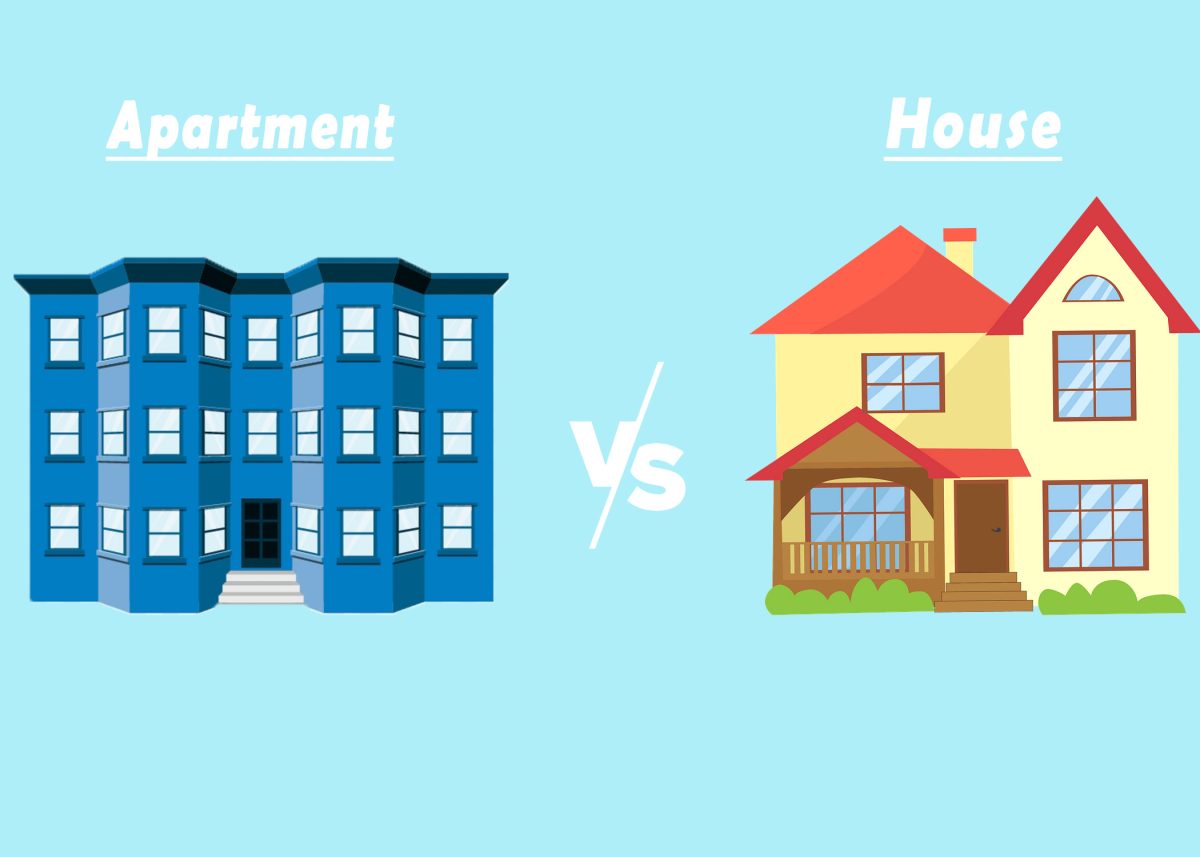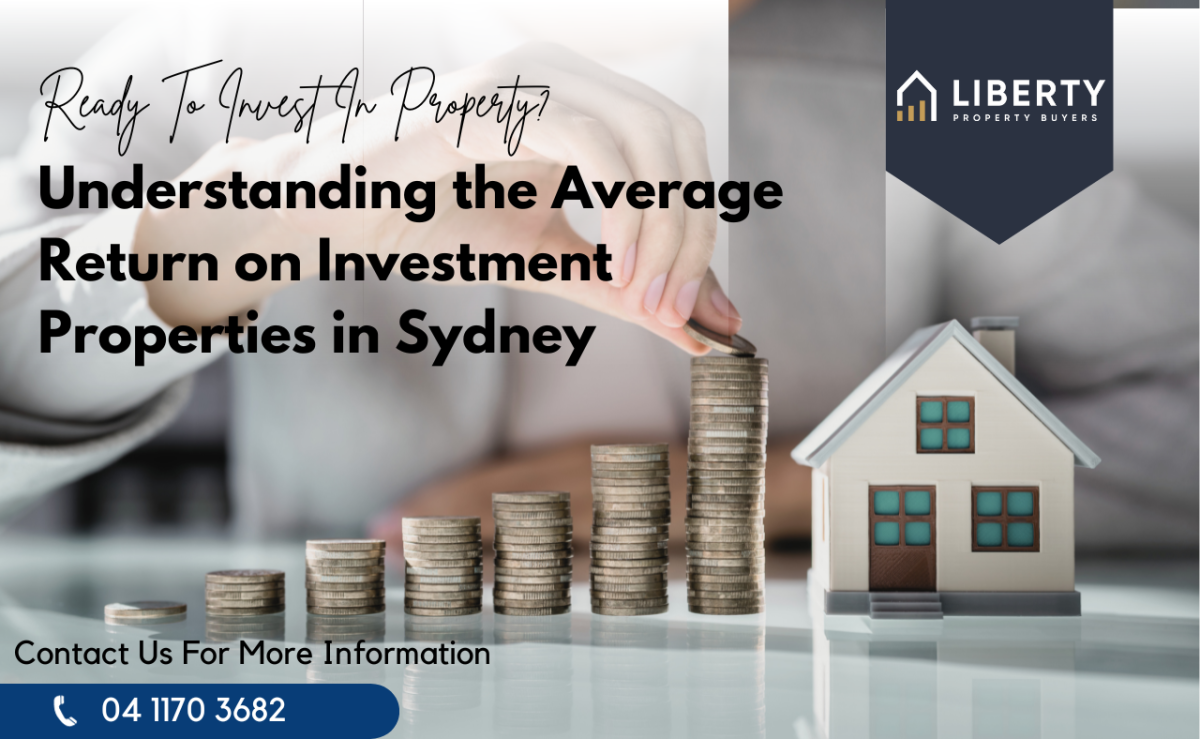The Australian property market has experienced notable fluctuations and shifts in recent times, with various cities showcasing distinct trends. From the bustling metropolises to the serene regional areas, each locale presents a unique narrative of growth, stability, or occasional downturns. Let’s delve into the latest updates and price changes across different regions of Australia.
Sydney: Leading the Charge
Sydney continues to be a frontrunner in the Australian property market, exhibiting steady growth across the board. With a monthly return of 0.4% and an impressive annual return of 8.7%, homeowners in Sydney have seen their property values soar by 11.9% over the past year. The median property value in Sydney stands at a robust $1,145,931, reflecting the city’s status as a real estate powerhouse.
Melbourne: Navigating Challenges
Melbourne, while experiencing more modest growth compared to Sydney, has remained resilient despite challenges. The city witnessed a slight decline in monthly returns (-0.1%), yet managed to achieve a respectable annual return of 2.8%. Homeowners in Melbourne have seen a 6.5% increase in property values over the past year, with the median value resting at $783,261.
Brisbane: Surging Ahead
Brisbane emerges as a standout performer, boasting impressive growth rates and substantial returns. With a monthly return of 0.9% and a remarkable annual return of 16.1%, Brisbane’s property market has experienced a surge, reflecting a 20.8% increase in property values over the past year. The median property value in Brisbane stands at a promising $827,822, making it an attractive destination for homeowners and investors alike.
Adelaide and Perth: Riding the Wave
Adelaide and Perth have also witnessed significant growth, with both cities experiencing robust returns and steady appreciation in property values. Adelaide recorded a monthly return of 1.3% and an annual return of 14.0%, while Perth showcased even stronger performance with a monthly return of 2.0% and an impressive annual return of 21.1%. Homeowners in Adelaide and Perth have seen their property values increase by 18.7% and 26.8% respectively over the past year.
Hobart and Darwin: Challenges and Opportunities
Hobart and Darwin present a mixed picture, with varying degrees of growth and stability. While Hobart experienced modest gains with a monthly return of 0.3% and an annual return of -0.4%, Darwin showcased a more promising outlook with a monthly return of 0.6% and an annual return of 1.9%. Despite challenges, both cities offer unique opportunities for homeowners and investors seeking affordability and potential growth.
Canberra: Steady Growth
Canberra continues to exhibit steady growth, maintaining its position as a stable and resilient market. With a monthly return of 0.2% and an annual return of 2.1%, homeowners in Canberra have seen their property values appreciate by 6.2% over the past year. The median property value in Canberra stands at an attractive $847,604, reflecting the city’s appeal as a vibrant capital with strong economic fundamentals.
Combined Capitals and Regional Areas: Diverse Trends
The combined capitals and regional areas of Australia showcase diverse trends, with each region presenting its own unique dynamics and opportunities. While the combined capitals recorded a monthly return of 0.6% and an annual return of 9.4%, the combined regional areas exhibited slightly lower growth rates with a monthly return of 0.8% and an annual return of 6.4%. Despite variations, both segments offer promising prospects for homeowners and investors seeking to capitalize on Australia’s thriving property market.
National Outlook: Resilience and Growth
Overall, the Australian property market continues to demonstrate resilience and growth, driven by favorable economic conditions, low interest rates, and strong demand. While certain cities may face challenges or experience fluctuations, the broader outlook remains positive, with opportunities abound for savvy investors and prospective homeowners alike.
In conclusion, the landscape of the Australian property market is dynamic and multifaceted, with each region contributing to the country’s overall growth and prosperity. Whether it’s the bustling urban centers or the serene regional landscapes, Australia offers a wealth of opportunities for those looking to participate in its vibrant real estate market.
Source: CoreLogic 1 May 2024










